Sports reveal how much America is trailing the rest of the world
MLS and other American leagues are stumbling through their pandemic restart plans

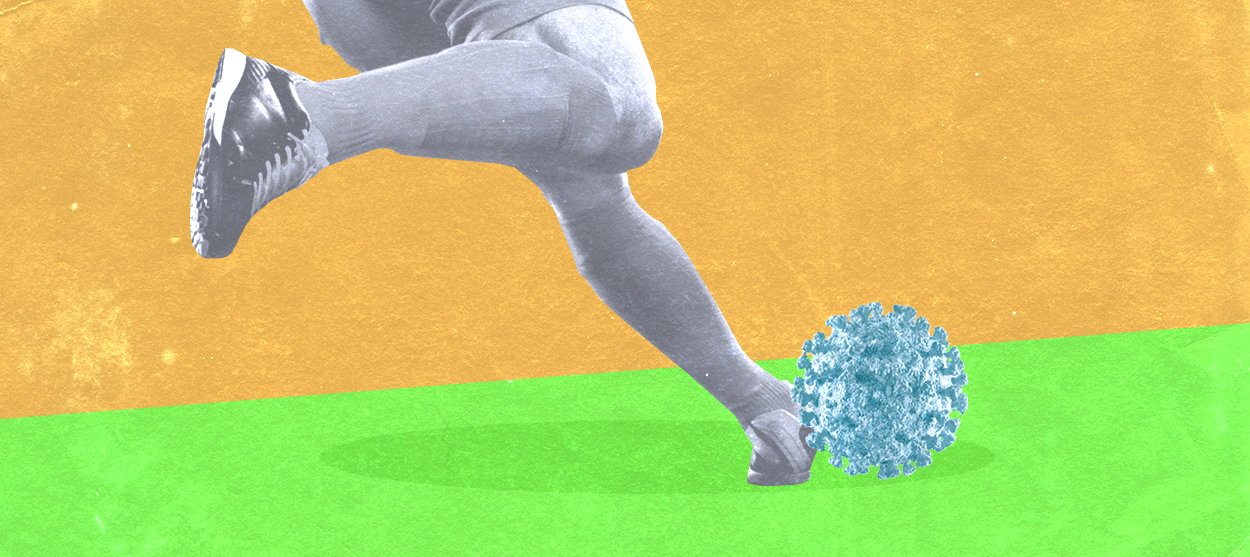
A free daily email with the biggest news stories of the day – and the best features from TheWeek.com
You are now subscribed
Your newsletter sign-up was successful
Having spent the last several weeks watching professional American athletes play live video games on ESPN, there is an irresistible modicum of relief in typing: Sports are back, baby! Major League Soccer returns Wednesday — in what has triumphantly been dubbed the "MLS is Back Tournament" — with Major League Baseball, the National Hockey League, and the National Basketball Association set to follow before the end of the month. Hooray! — right?
Obviously, it's not that simple. In case you missed the memo, there is a deadly pandemic raging outside, and it's not going to subside just because American leagues are playing catch up with their Asian and European counterparts, which have cautiously and largely successfully resumed play, as is their reward for flattening their respective coronavirus curves. America's "curve," meanwhile, looks more like an inverse ski jump. The return of MLS — and the NBA, NHL, and MLB right behind it — serves only to emphasize just how woefully unprepared the American leagues are for this step, because America itself has utterly failed in its response to the pandemic.
Kevin Baxter of the Los Angeles Times explained it perfectly on Tuesday in his weekly soccer newsletter. "When the nation awoke on the morning of March 12, 1,323 Americans had been diagnosed with the coronavirus and 38 people had died," he wrote. "The general concern and panic were so great, MLS and every other professional league in the country suspended play." But on the eve of soccer's return, "twice as many Americans test positive for COVID-19 every hour today. And we're averaging nearly 15 times as many deaths per day now as we had total on March 12." As Baxter asks, "if it was too risky to play then, why is it safe to come back now?"
The Week
Escape your echo chamber. Get the facts behind the news, plus analysis from multiple perspectives.

Sign up for The Week's Free Newsletters
From our morning news briefing to a weekly Good News Newsletter, get the best of The Week delivered directly to your inbox.
From our morning news briefing to a weekly Good News Newsletter, get the best of The Week delivered directly to your inbox.
The answer, to say the least, is it isn't. But while Baxter sees this as a largely moral question (and one I happen to agree with him on), it's also been a logistical nightmare. That is to say, America's attempts to restart sports have been, uh, disastrous. Though the MLS technically returns today, one of the two games that was supposed to be played this evening has already been postponed after news broke on Tuesday that five Nashville players tested positive for COVID-19; the team's continued participation in the tournament is reportedly under "evaluation." Even prior to that news, MLS was returning without its reigning MVP and another entire team, both for reasons related to COVID-19.
The struggles of MLS to reach this point at all stand in stark contrast to the success of the league's overseas counterparts. Germany's Bundesliga has already played through the end of its season (it had required just nine more match days, after shutting down on March 13); Spain's La Liga, Italy's Serie A, and England's Premier League are also well underway. That's not to say there haven't been scares — Germany's Dynamo Dresden isolated ahead of the restart, and a handful of top-flight players across Europe have had positive COVID-19 diagnoses during teams' mass testing — but for the most part experts' concerns haven't been realized. Even injury fears have been avoided because, with additional substitutes and without crowds, the games are "slightly less intense and thus less dangerous," The Athletic reported. By contrast, injury concerns were cited by MLS when F.C. Dallas was pulled from the tournament, because apparently "players have had to rely on workouts conducted over Zoom for the past week, adding in a secondary danger of injuries onset by being improperly prepared to compete."
The NBA, like MLS, is attempting its restart in part because of its confidence in an elaborate isolation plan, which involves the entire league sealing itself in a "bubble city" in Orlando, Florida. Though it sounds like a terrible reality TV premise, the idea might even work, if it weren't for the fact that beyond the walls of this bubble kingdom rages one of the worst coronavirus outbreaks in the nation. That's if the plan even goes forward; over the weekend, the Milwaukee Bucks, who have the best record in the NBA, and Sacramento Kings, who are chasing a playoff spot, shut down their training facilities after receiving undisclosed results from a round of coronavirus testing. The Denver Nuggets, Miami Heat, LA Clippers, and Brooklyn Nets have likewise closed training facilities in the past week, ESPN reports.
But no American league is imploding quite as spectacularly as MLB. Notably, baseball returned in South Korea back in April with the strict condition of postponing games if staff or players caught the disease. The country so far has been a global leader in flattening its curve, so much so that the KBO is actually considering bringing fans back into the stadiums as soon as this Friday — something still unthinkable for Americans. Meanwhile, 31 MLB players and seven staff members from 19 of the leagues' 30 teams have tested positive for COVID-19 already. And that's not even to mention the monumental delays in getting test results back, which have caused teams to postpone their training, or the more than half-dozen players who have already opted out of the season, with opening day still weeks away.
A free daily email with the biggest news stories of the day – and the best features from TheWeek.com
It is women's sports that are actually proving to be America's greatest athletic success story during the pandemic. The NWSL, which in June became the first American team sport to return during the pandemic, initially served as a cautionary tale when a player on the Orlando Pride tested positive for COVID-19 after going out to a bar; later, six players and four staff were found to also have the disease, leading to the team pulling out of the tournament before it began. But in the days since, Lisa Baird, the league's first-year commissioner, has "cautiously deemed the summer and the nascent tournament a success," The New York Times reports, with their first game back even drawing "the highest television rating in the league's history."
Undoubtedly the model of safety is, of all things, women's roller-derby, which enlisted public health experts to formulate a plan for leagues that accounts for local infection rates (so far ignored by MLS, MLB, and the NBA). Also "unlike most other sports," the plan doesn't have tiered protocol just for "when to open up again, but also stringent thresholds for when they should back down," Wired reports. As an epidemiologist observed: "Leave it to a women's sports organization to put together a quite reasonable return plan."
Or as Phaidra Knight, a former rugby player and Foundation Ambassador for the Women's Sports Foundation, put it to Forbes: "There's an opportunity for women to come out of this thing strong. [Women's sports] are used to surviving off of bare minimum and making something out of nothing. It's just what we do. It's the nature of our existence as athletes."
For now, though, it is with an abundance of caution that I'm going to turn on MLS, or keep alive my hope of seeing the MLB, NBA, or NHL seasons return this year. The sad and simple fact of the matter is: This isn't Europe. It isn't Asia. Our curve hasn't flattened. Going ahead with the sports seasons and tournaments is as dangerous now as it was when the leagues first shut down, and maybe even more so. As much as I'm well beyond ready for sports to return, I'm bracing for them — justifiably and rightly — to be taken away again.
Want more essential commentary and analysis like this delivered straight to your inbox? Sign up for The Week's "Today's best articles" newsletter here.
Jeva Lange was the executive editor at TheWeek.com. She formerly served as The Week's deputy editor and culture critic. She is also a contributor to Screen Slate, and her writing has appeared in The New York Daily News, The Awl, Vice, and Gothamist, among other publications. Jeva lives in New York City. Follow her on Twitter.
-
 The Olympic timekeepers keeping the Games on track
The Olympic timekeepers keeping the Games on trackUnder the Radar Swiss watchmaking giant Omega has been at the finish line of every Olympic Games for nearly 100 years
-
 Will increasing tensions with Iran boil over into war?
Will increasing tensions with Iran boil over into war?Today’s Big Question President Donald Trump has recently been threatening the country
-
 Corruption: The spy sheikh and the president
Corruption: The spy sheikh and the presidentFeature Trump is at the center of another scandal
-
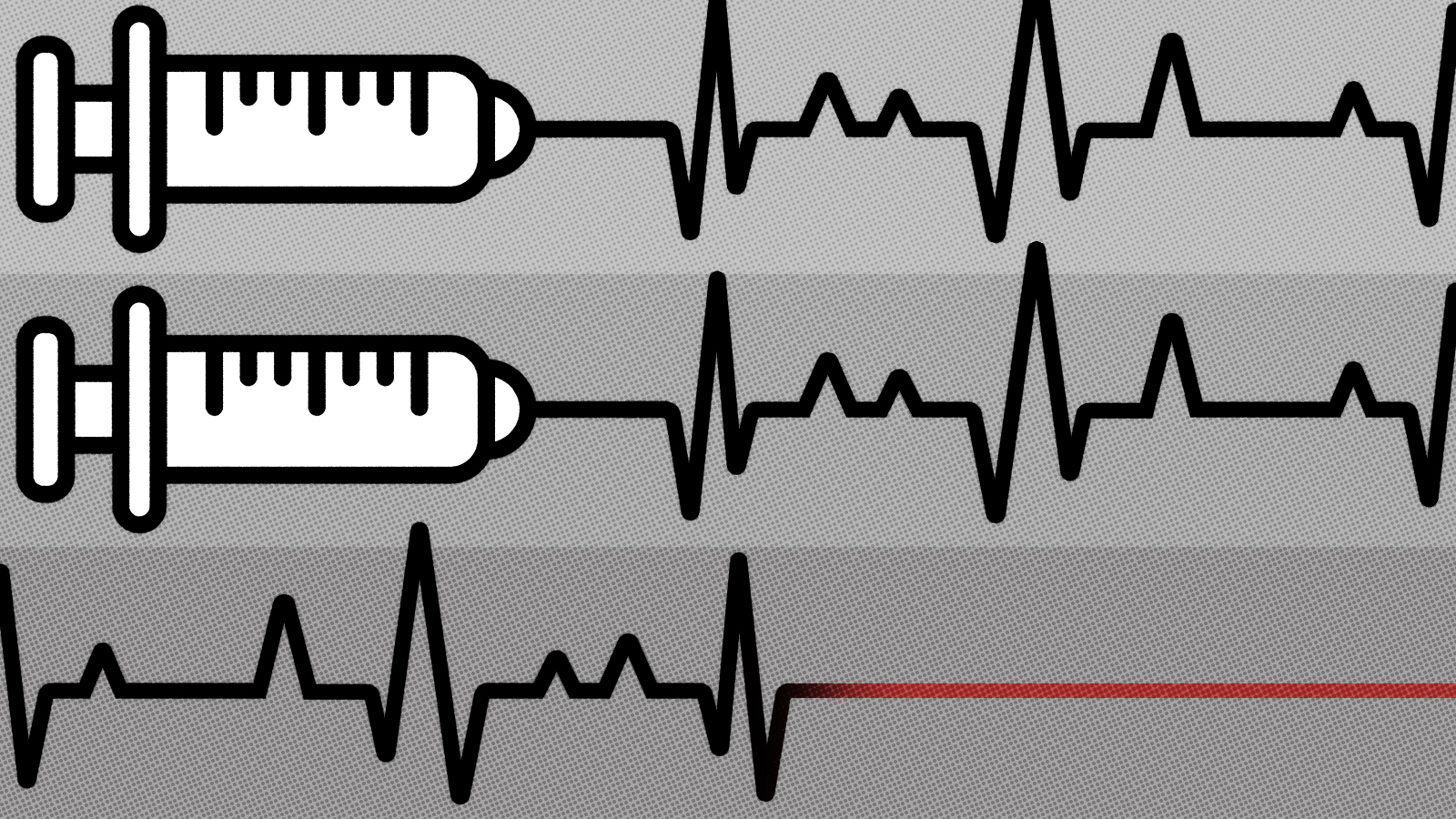 Do unvaccinated COVID patients deserve scarce care? A doctor weighs in.
Do unvaccinated COVID patients deserve scarce care? A doctor weighs in.The Explainer Justice, judgment, and the last ICU bed
-
 How to vaccinate the anti-vaxxers
How to vaccinate the anti-vaxxersThe Explainer Instead of blaming people for not doing the right thing, let's focus on eliminating the obstacles to vaccination that still remain
-
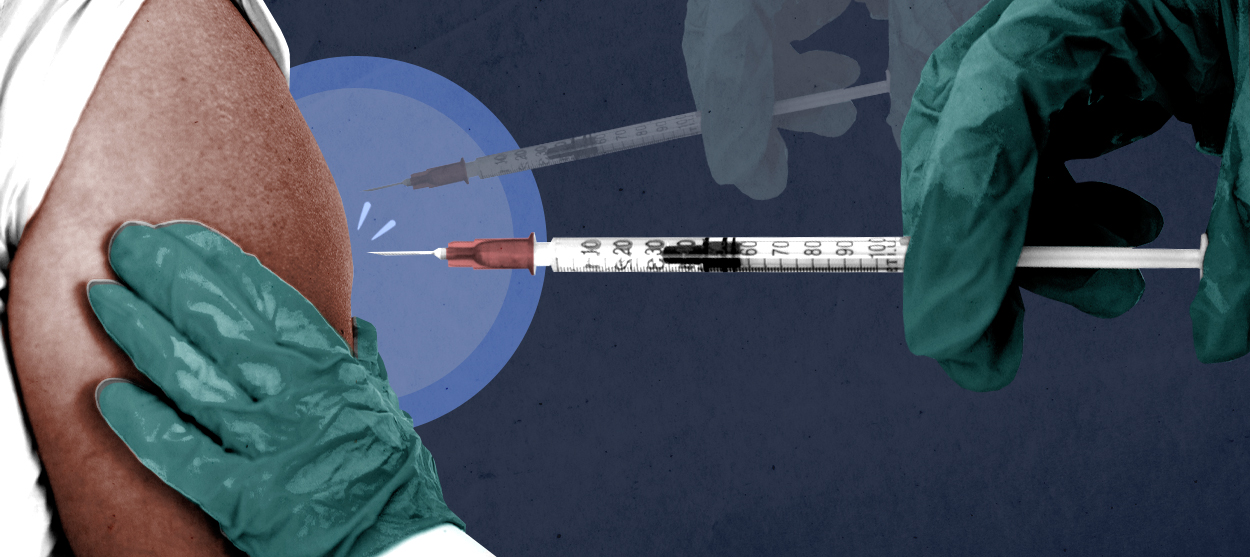 The U.S. could double its COVID-19 vaccine availability overnight. What's the holdup?
The U.S. could double its COVID-19 vaccine availability overnight. What's the holdup?The Explainer How the FDA could approve a more efficient vaccine rollout
-
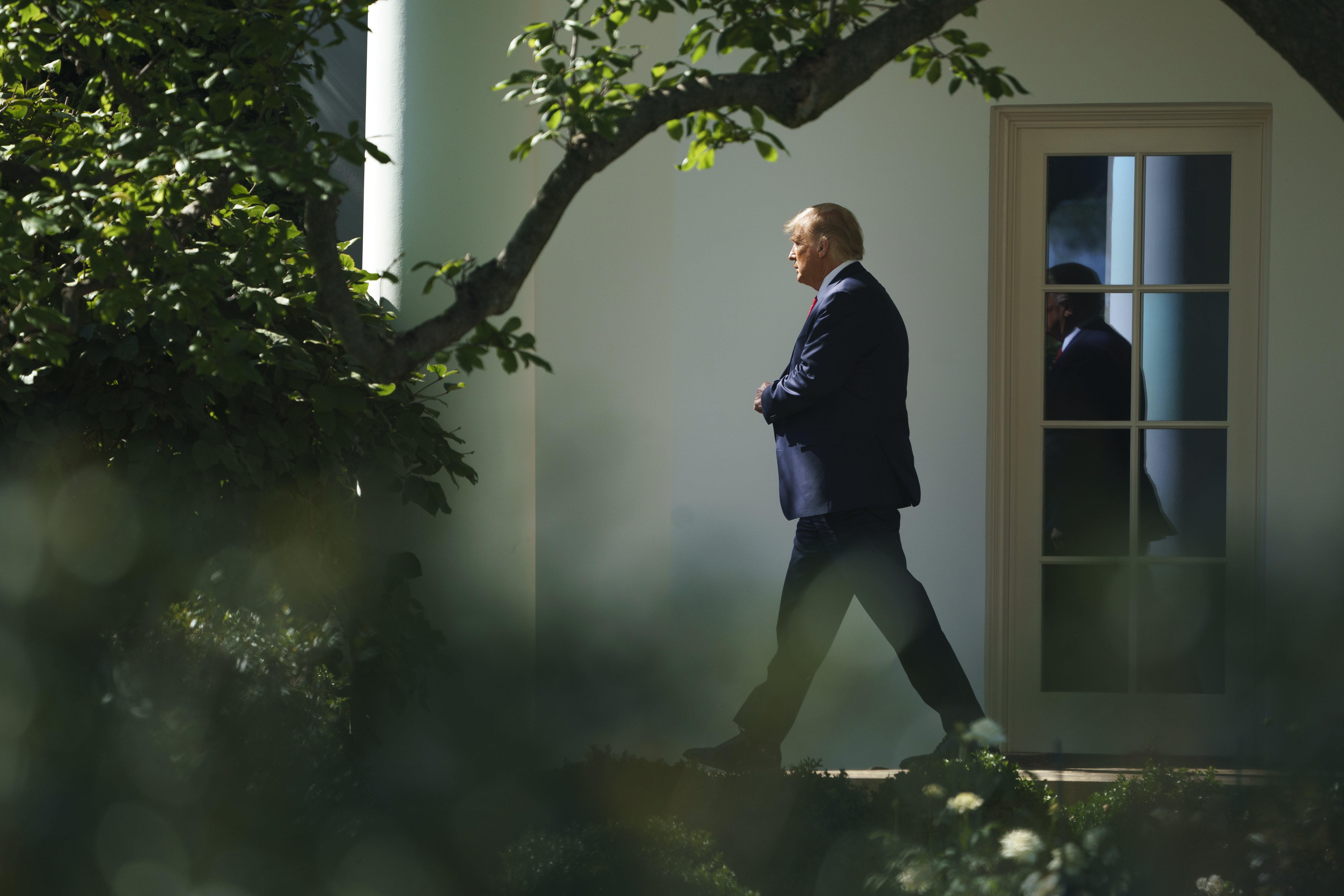 The October Surprise nobody wanted
The October Surprise nobody wantedThe Explainer Trump has COVID-19. Really, 2020?
-
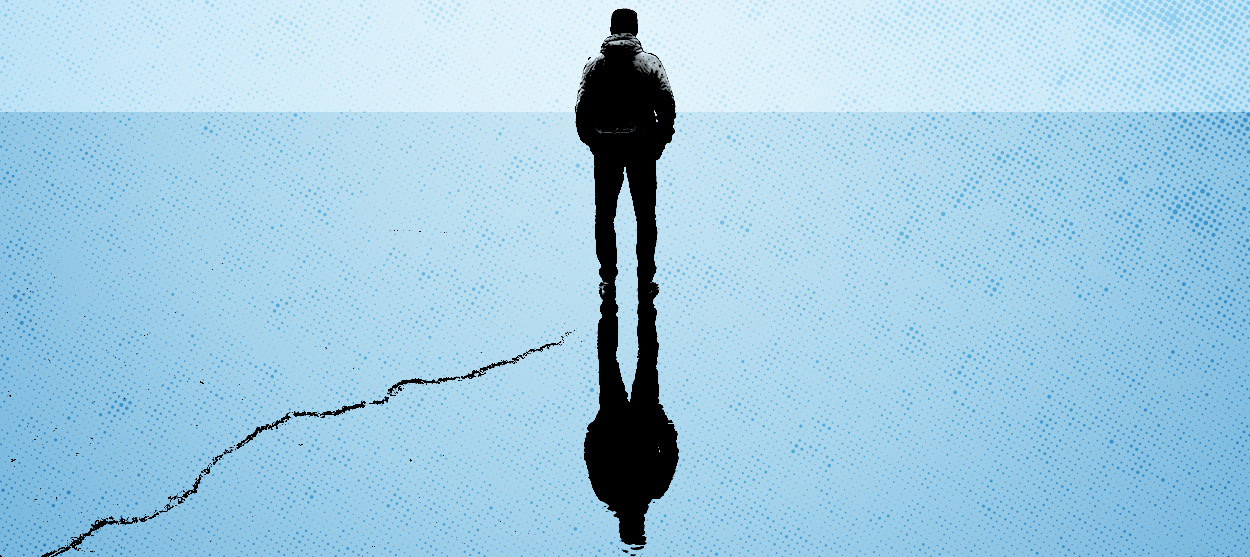 Life is worth living
Life is worth livingThe Explainer What's driving America's rising suicide rate?
-
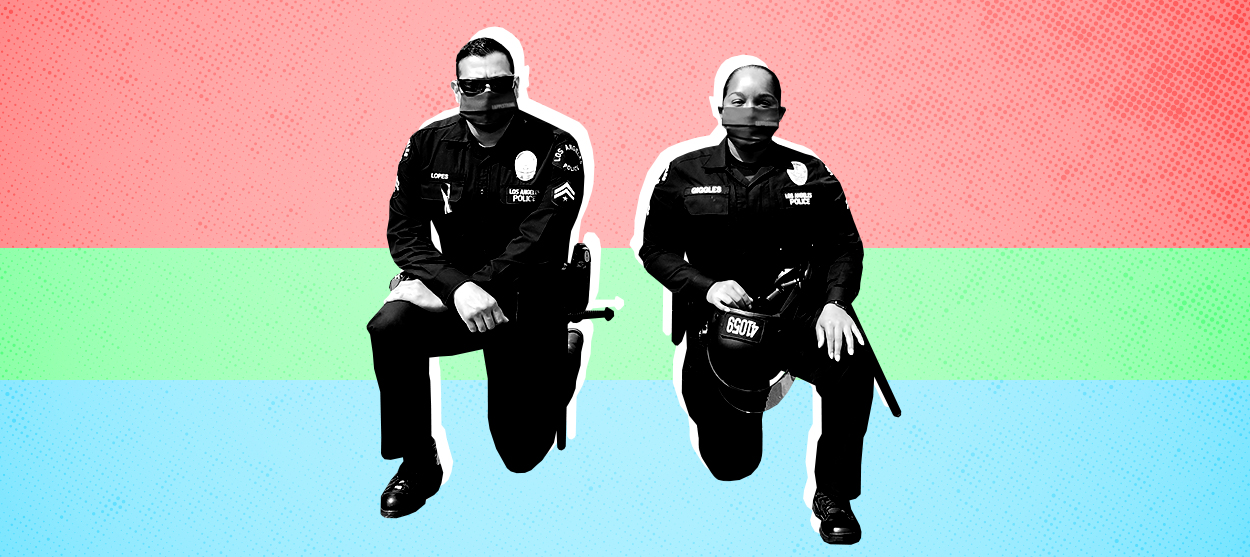 Social workers are masters at de-escalation. Here's what the police can learn from them.
Social workers are masters at de-escalation. Here's what the police can learn from them.The Explainer Knowing how to peacefully resolve conflict, rather than exacerbate it, can save lives
-
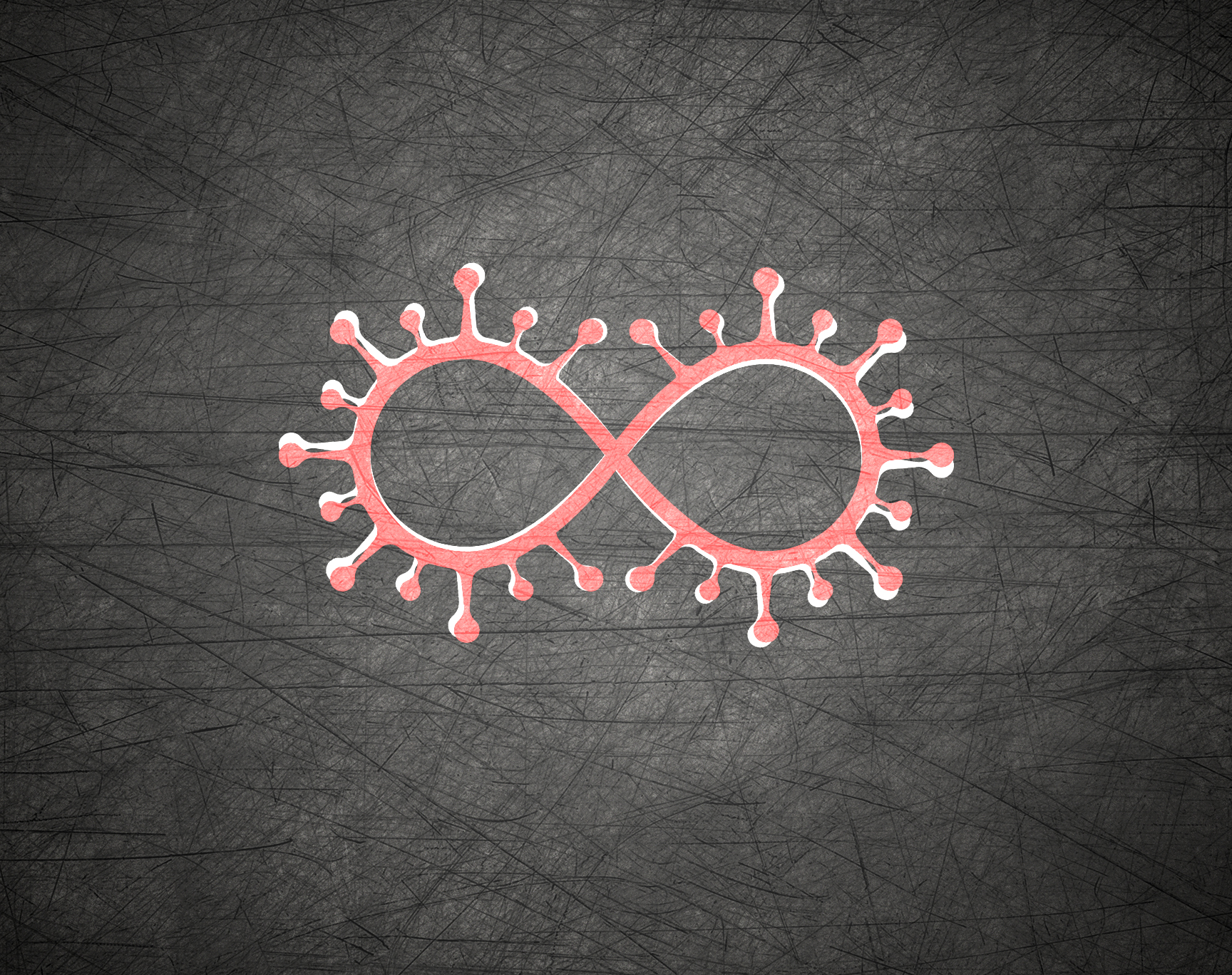 Settling in for the long pandemic
Settling in for the long pandemicThe Explainer Life won't be back to "normal" anytime soon
-
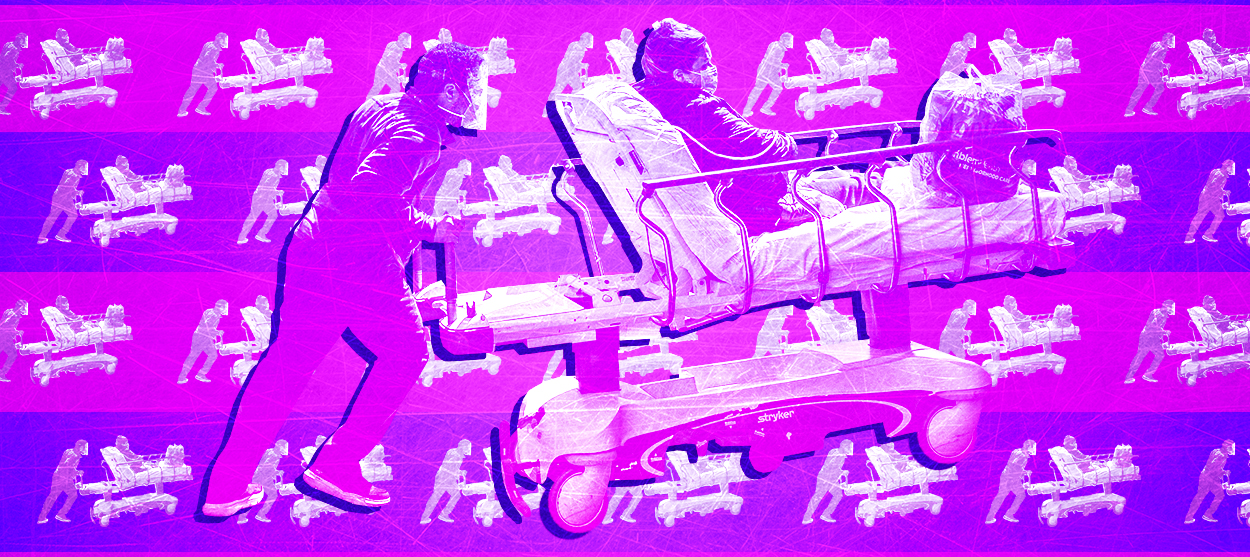 Nobody knows how bad this coronavirus surge is
Nobody knows how bad this coronavirus surge isThe Explainer To make good policy, we need to know what's actually happening
